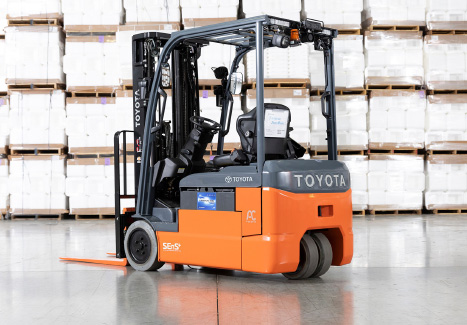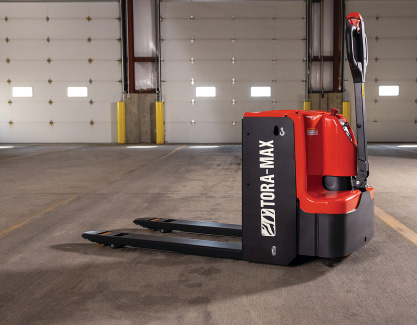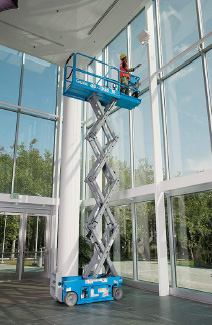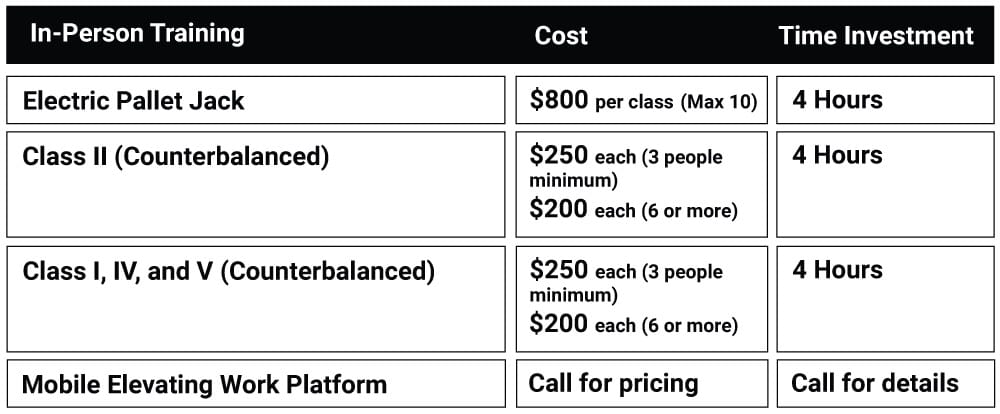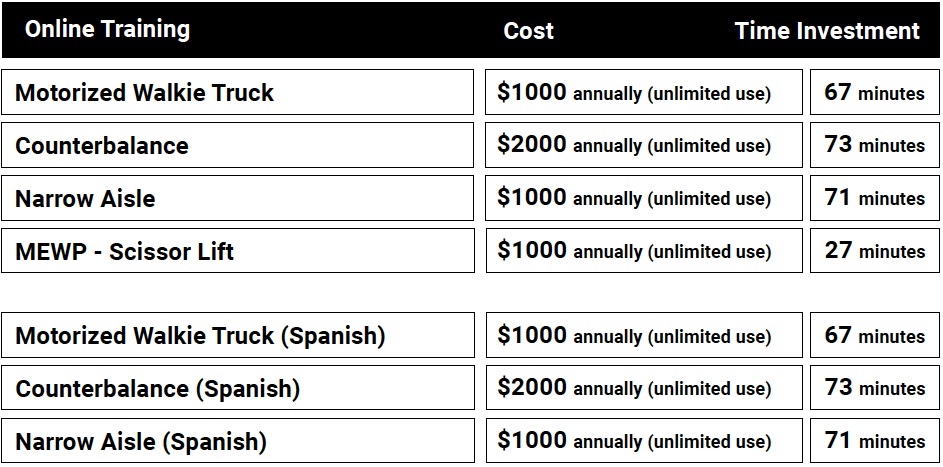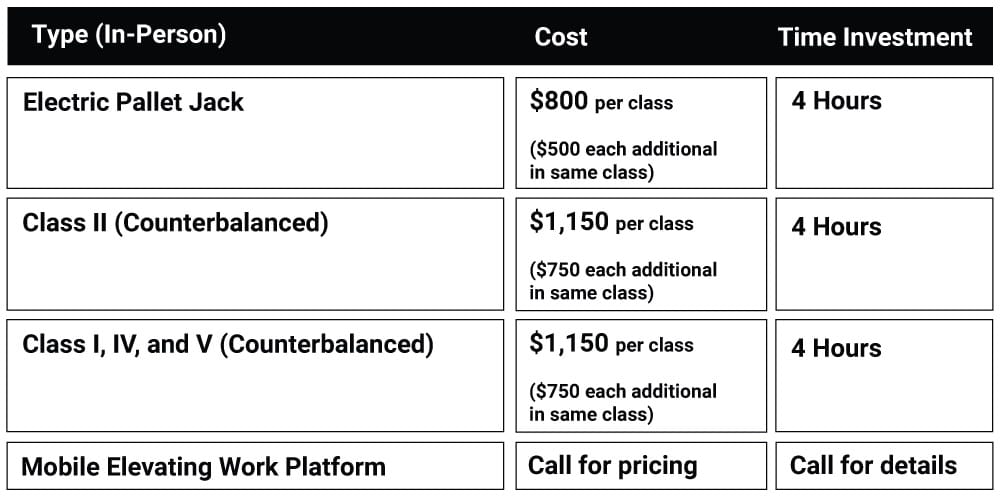- Shop
- Equipment
-
- New In Stock Equipment
- Used In Stock Equipment
-
- Electric Forklifts
- IC Engine Forklifts
- Container Handlers
- Order Pickers
- Reach Trucks
- Narrow Aisle Forklifts
- Multidirectional Forklifts
- Forklift Stackers
-
- Toyota Material Handling Equipment
-
- Hangcha Material Handling Equipment
-
- Big Joe Material Handling Equipment
-
- Rentals
- Industrial Products
- Services
- About Us


